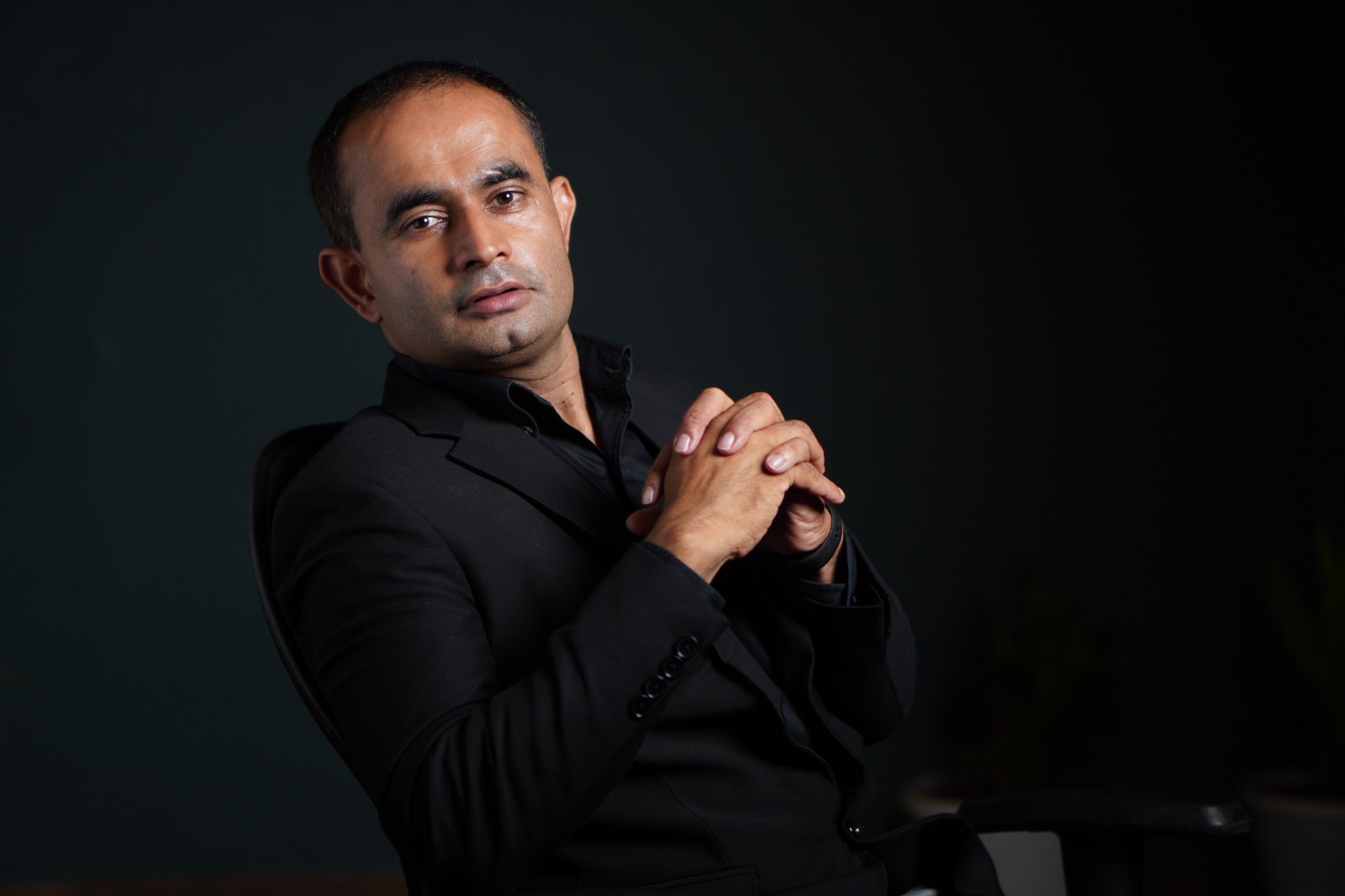Introduction: Complexity Is the Enemy of Action
In the fast-moving world of business technology, complexity is often confused with sophistication. Dashboards brimming with data, jargon-laced features, and overly engineered platforms dominate the fintech space — leaving small business owners overwhelmed, not empowered.
But Sabeer Nelli, founder and CEO of Zil Money, has always believed something different: simplicity is power.
From his early days running gas stations to his current position leading a multimillion-user fintech platform, Sabeer has built success by eliminating friction, not adding features. He’s not interested in building the most advanced software in the room. He’s interested in building the one that gets out of the user’s way — and works every time.
For Sabeer, technology isn’t impressive because it’s complex. It’s impressive because it makes life simpler for the person using it. And that belief has shaped Zil Money into one of the most trusted business tools for entrepreneurs across the country.
The Roots of Practical Thinking
Long before Zil Money, Sabeer was in the thick of real-world business operations. At Tyler Petroleum, he wasn’t just the owner — he was the accountant, the technician, the HR department, and the problem solver. He dealt with the daily grind of invoices, payrolls, vendor disputes, and bank delays.
This hands-on experience taught him something that too many tech founders miss: most business owners aren’t looking for a revolution — they’re looking for relief.
When you’re working 12-hour shifts, juggling employees, and trying to make ends meet, the last thing you need is software that makes your life harder.
Sabeer didn’t forget that feeling. He built Zil Money with it in mind.
Why Simplification Is a Strategy
When Zil Money was launched in 2018, it didn’t enter the market promising to “disrupt” anything. Instead, it made a straightforward promise: you can print a check from your laptop and mail it — no expensive equipment, no complicated integrations.
That one tool solved a surprisingly deep problem for small business owners: how to pay people and vendors reliably, even when they’re not in the office or near a bank.
Then came additional tools — ACH, wire transfers, payroll by credit card — all with the same philosophy: do the job, do it fast, and don’t get in the user’s way.
Each feature is designed not for the tech-savvy early adopter, but for the business owner who just needs to move money, keep records, and avoid surprises.
The Design Principle: Take the Mental Load Off the User
Sabeer’s product philosophy is deceptively simple: a business owner should never be forced to “figure it out.”
Zil Money’s UI avoids clutter. Navigation is intuitive. Buttons are labeled in plain English. And every action is designed to be as close to one-click as possible.
Instead of celebrating user engagement time (a vanity metric in many SaaS companies), Sabeer measures success by how quickly someone can complete a task and move on with their day.
Because in his view, time is the most valuable currency an entrepreneur has — and great software gives it back.
Automation with a Human Touch
It would be easy to assume that Sabeer’s focus on simplicity means he avoids innovation — but that’s far from the truth.
Under his leadership, Zil Money has integrated cutting-edge automation tools that streamline reconciliation, detect fraud attempts, and manage recurring payments. But those features aren’t front and center — they’re embedded quietly into the background, enhancing the user experience without requiring additional work.
At the same time, support is never automated. Real people respond to real questions, with the goal of making every interaction personal and helpful.
This balance — between invisible automation and visible empathy — is rare in fintech. But it’s part of Sabeer’s blueprint.
Team Culture: Internal Simplicity Breeds External Results
Inside Zil Money, the same principles apply. Teams aren’t measured by how many meetings they attend or how many new features they push. They’re measured by how well they simplify the customer’s life.
Engineering, support, compliance, and design teams work together closely — because fragmented communication leads to fragmented products. Everyone has access to real customer feedback. Everyone understands the user’s journey.
Sabeer sets the tone from the top: “If a customer needs five steps to do something, it’s our failure — not theirs.”
Why Simplicity Is the Future of Fintech
As regulatory pressures increase and financial tools become more sophisticated, the risk is clear: complexity creeps in, and usability disappears.
Sabeer’s foresight is that the next wave of fintech success won’t come from fancier features — it will come from simpler delivery.
Zil Money’s infrastructure is already built to evolve. Its modular system allows for new tools, compliance updates, and payment methods to be integrated seamlessly — without changing what users already know.
That’s future-readiness done right.
Conclusion: The Power of Subtraction
In a world obsessed with adding more — more buttons, more dashboards, more bells and whistles — Sabeer Nelli has chosen subtraction.
He removes barriers. He strips away friction. He clears a path for business owners to do what they do best.
And in doing so, he’s quietly built one of the most trusted fintech platforms in America — not by dazzling users, but by respecting them.
True innovation doesn’t always announce itself. Sometimes, it shows up quietly in the form of clarity, speed, and relief.
That’s what Sabeer Nelli has built. That’s what Zil Money delivers. And that’s the kind of leadership the business world needs more of.
Read More From Techbullion



































